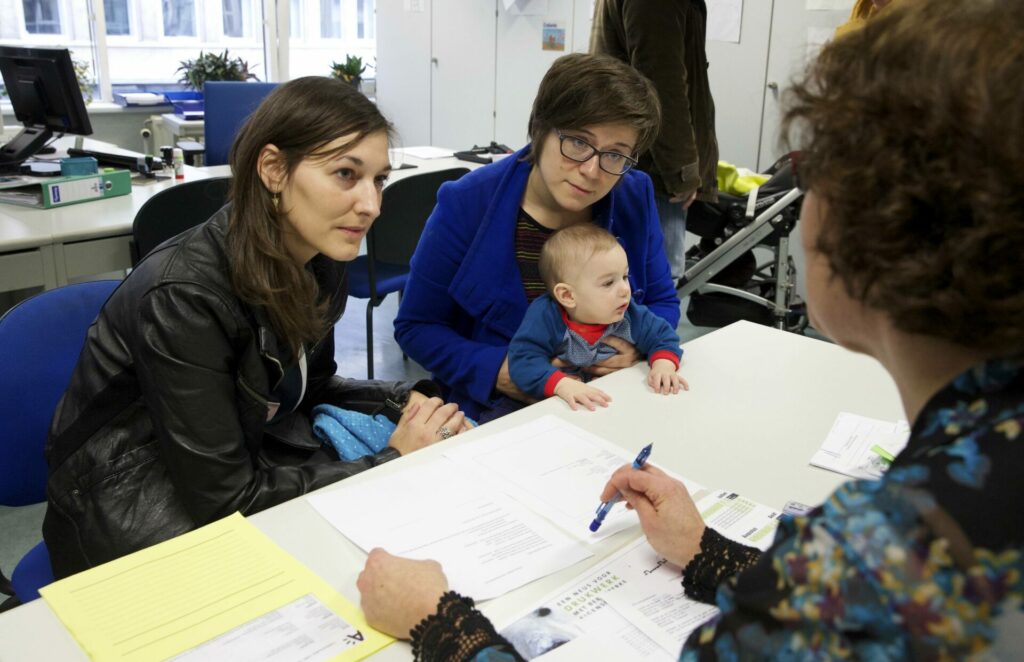An intensive screening of all countries with which Flanders cooperates for international adoption has resulted in the region no longer allowing the adoption of a child from Gambia, Haiti and Morocco.
Following reports of malpractice with adoptions from Ethiopia, which was long the largest country of origin for adoptions in Flanders, and signals emerging that international adoptions had not always been transparent in the past, the Flemish government in 2019 decided to set up an expert panel on intercountry adoptions.
After it had published its final report, the government also decided to screen the cooperation with all countries of origin to avoid abuses in the future.
Information from children's rights organisations such as UNICEF, International Social Service (ISS) and Child Identity Protection (CHIP) was used to thoroughly investigate each country. After a first round of screening early this year, the cooperation with Vietnam was discontinued, because possible abuse could not be ruled out, while adoption from Portugal, Colombia and South Africa was allowed to continue.
During the second screening round, 13 other countries of origin came up, which saw three additional countries, Gambia, Haiti and Morocco, colour red. "This means that as of today, inter-country adoption is no longer possible for children from those countries," the child health agency for the region Opgroeien reported.
Adoption from Hungary, India and Togo was given code orange, meaning a site visit should provide additional insight into the possibilities of facilitating adoptions which will be subject to a final decision, ensuring that cooperation there will continue for now. In the last round, adoptions from Bulgaria, Chile, the Philippines, Honduras, Peru and Thailand were given the green light, meaning Flemish people can still adopt children from these countries.
Related News
- Ethiopian children involuntarily put up for adoption in Belgium
- 'Raising the bar': Flanders to make Belgian integration course harder from March
Bruno Vanobbergen, administrator general of Opgroeien, noted that these decisions will result in many candidate adoptive families who were eligible to adopt from these specific countries now facing uncertain times. "The Flemish Centre for Adoption is personally contacting every prospective adoptive family affected by this decision."
"We have received messages in the past from a lot of adoptees, adoptive parents and prospective adopters that cooperation with some countries is particularly difficult. That, for example, it is difficult to get information about children's origins. Then you have to dare to make a decision at some point. Finally, the best interests of the child prevail. And if you put the best interests of the child first, it is important to have some quality criteria. We cannot ensure those for these countries," he concluded.

